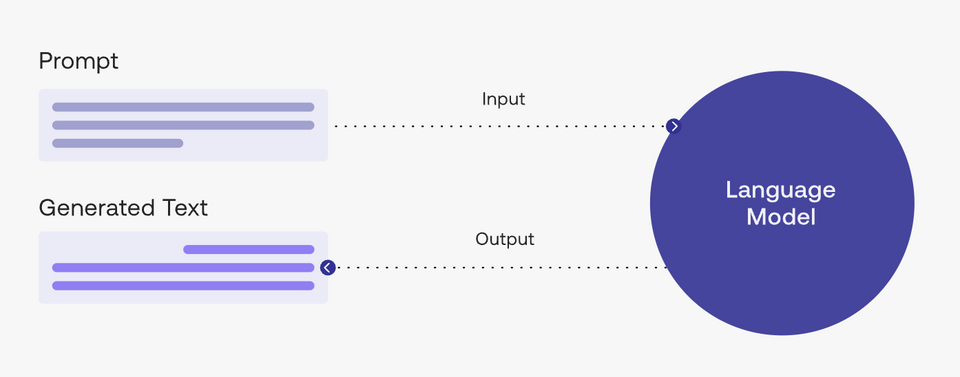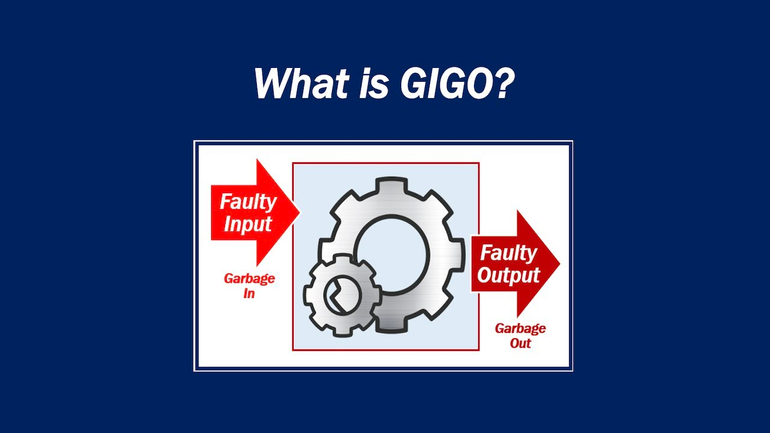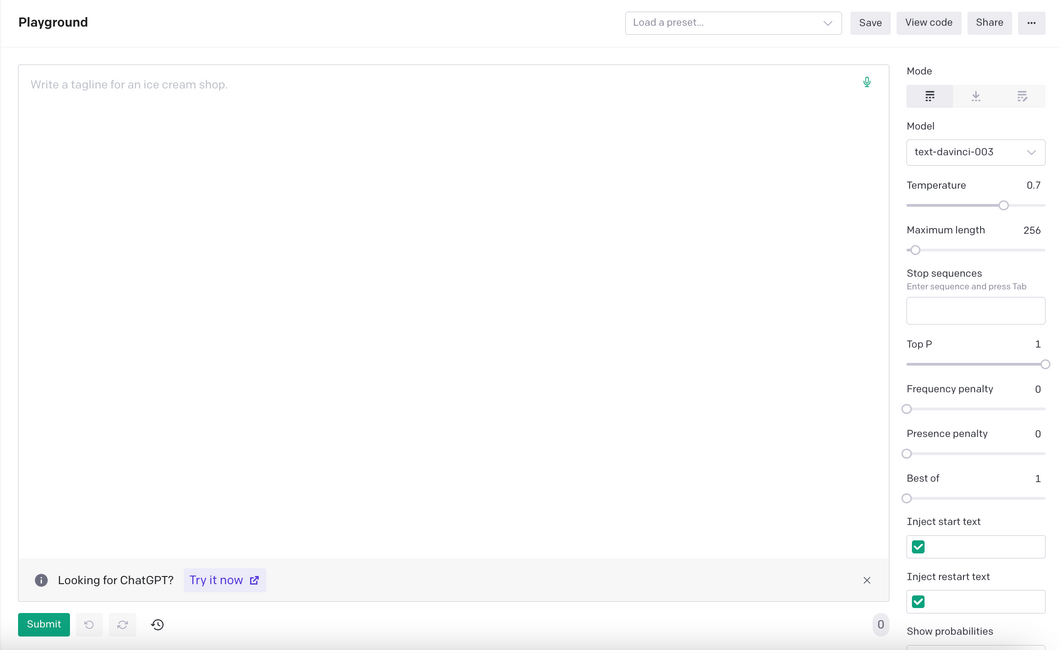Create unique OR content with ChatGPT
Search and store tool for Chat GPT Prompt
Create unique and engaging OR content with ChatGPT, a pre-trained language model by OpenAI for generating high-quality and accurate content.
How Does the Sarbanes-Oxley Act Impact Financial Reporting and Internal Controls?
How does the Sarbanes-Oxley Act impact financial reporting and internal controls?
10 Ways to Improve Memory and Recall While Studying for Exams
Come up with 10 ways to improve memory and recall while studying for exams.
Tips for Staying Focused and Motivated at Work
I need help staying motivated at work. Can you give me advice on how to stay focused and motivated?
Creating a Scene Where a Character Faces Their Fears
Create a scene where a character faces their fears.
Generate an Opinion about Competitor Strategies Related to [Topic]
Research competitor strategies related to [TOPIC]
Research the Best Analytics Tools for [TOPIC] Website Performance
Research the best analytics tools for [TOPIC] website performance
Create a List of Synonyms for [TOPIC] Keywords
Create a list of synonyms for [TOPIC] keywords
Generate an Opinion about Internal Linking Opportunities
Find opportunities for internal linking related to [TOPIC]
Discover High-Performing Keywords with ChatGPT for [TOPIC]
Find top-performing keywords for [TOPIC]
Generate a List of Ten Long-Tail Keywords Related to [TOPIC]
Compile a list of ten long-tail keywords related to [TOPIC].
Records Release Form, UFMC
Write a release of information form providing Union Family Medical Center with access to my patient's medical records.
Hospital Transfer Letter
Write a hospital transfer letter for patient John Doe from Dr. Harvey Smith at Sequoia Hospital to Stanford Hospital and Clinics for emergent neurosurgical management of an MCA aneurysm following presentation to the ED this morning with a sentinel bleed.
DMV Impairment Letter
Write a letter of medical impairment to the DMV for my patient who has an uncontrolled seizure disorder.
Write a Letter of Support for Access to Transportation Services for a Senior Patient with Mobility Issues
Write a letter of support for access to transportation services for my senior patient with mobility issues.
Write a Letter to Cigna Appealing Denial of Cimzia for Patient with Psoriasis
Write a letter to Cigna appealing the denial of Cimzia for a patient with psoriasis. The denial stated "patient has not completed and failed a prior course of Humira." The patient had a previous hypersensitivity to Humira with hives and difficulty breathing.
Aetna Procedure Denial Appeal
Write a letter to Aetna appealing the denial of elective lipoma removal dated Aug 8, 2022. The reason for denial was "appears cosmetic." Patient has a 17 cm x 3 cm cylindrical lipoma on the right side of their back. The superior pole is immediately medical to the scapula and then descends 17cm to their mid back. The lipoma is large enough to materially affect the range of motion of their right sho...
Using Power Words to Create a Strong Emotional Response in Copywriting
How can I use power words in my copywriting to create a strong emotional response?
Using Storytelling in Copywriting to Connect with the Reader
How can I use storytelling in my copywriting to connect with the reader?
Creating an Opinion about Using Sensory Language in Copywriting to Make a Stronger Emotional Connection with Audience
How can I use sensory language in my copywriting to create a stronger emotional connection with my audience?
Use commands about the type of generation you want the model to produce in the prompt
Give a bulleted list of to-do items for my weekend chores around the house.
What is “prompt engineering”?
A “prompt” is the input that guides a generative AI model to generate useful outputs. Generative AI tools like ChatGPT, GPT, DALL·E 2, Stable Diffusion, Midjourney, etc. all require prompting as their input.

In a natural language processing (NLP) context, “prompt engineering” is the process of discovering inputs that yield desirable or useful results. As is the story with any processes, better inputs yield better outputs; or commonly said another way “garbage in, garbage out.”


Become a prompt researcher instead of engineer
- If you’re already a subject matter expert in something, consider figuring out how to apply your personal skills to generating the best prompts in your field
- For example, if you’re an expert in SEO, what questions do you ask yourself when creating SEO strategies? How can you translate this knowledge into better prompts to generate the same level of output with AI?
Become a prompt researcher instead of engineer
- The term prompt engineer glosses over the idea that prompt formulation takes hypothesizing, research, result measurement, and repetition. Instead, approach prompting like a research project.
- Try as many different variations and formulations of your prompt as possible. One problem can have hundreds of solutions and one solution can have hundreds of approaches. The same can be said of prompting.
